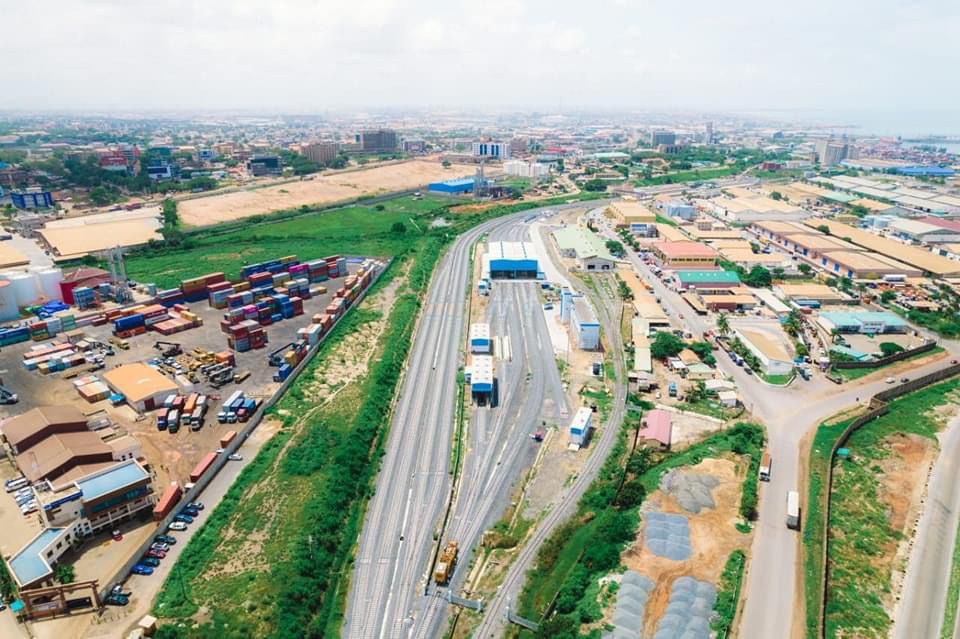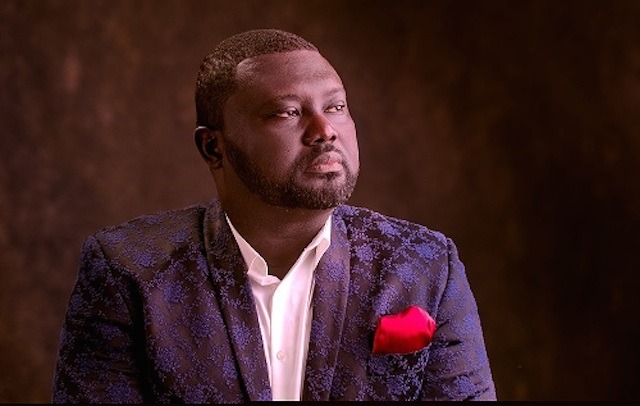
Atta-Sonno, Llyod Amoah reflect on Nkrumah’s governance flaws

Eric Atta-Sonno, author of Kwame Nkrumah: Africa’s Man of the Millennium, has cited governance as the weakest link in the legacy of Ghana’s first president.
On the Kwame Nkrumah Memorial Day-themed edition of The Point of View, Mr. Atta-Sonno reflected on some despotic tendencies of Kwame Nkrumah.
Though there appears to be a consensus that Kwame Nkrumah was Ghana’s best president on the basis of statecraft, economic development, infrastructure, etc, his desire to have a stranglehold on governance was noted as a major shortcoming.
“It got a bit too personal when the attacks were coming. Some of the legislation that went through Parliament, if you go through them and read them, they are horrible,” Mr. Atta-Sonno said.
“The constitution of 1962 was 25 pages… In governance, you would fault him [Kwame Nkrumah] a lot.”
Kwame Nkrumah decreed himself the President for life in 1964, banning all opposition parties.
Despite his role in Ghana’s independence, Ghanaian’s jubilated when he was deposed in 1966, while on a visit to Peking, Vietnam.
The disaffection towards Kwame Nkrumah was attributed to oppressive legislation like the Preventive Detention Act.
Mr. Atta-Sonno admitted that notable leaders in the past have looked to restrict freedoms during the initial stages of development as Kwame Nkrumah did.
“Those that have sustained their development, they go by that approach… they don’t give unfettered freedom. When they develop, they bring out all the freedoms,” he noted.

Dr. Lloyd Amoah, a Senior Lecturer at the Department of Political Science, criticised Kwame Nkrumah in this regard saying “there was a bastardisation of the institution in the way that was morbid and free for all.”
“His main error, in my reading, is the legislation of the one-party state,” he said, also speaking on The Point of View.
He said Kwame Nkrumah should have gone the route of Singapore’s first Prime Minister Lee Kuan Yew, who kept his People’s Action Party in power without banning opposition parties
The People’s Action Party has been Singapore’s ruling party since 1959.
“The People’s Action Party; they go to an election and none of the other parties can beat them…because they deliver,” Dr. Amoah remarked.
Source: citifmonline.com






